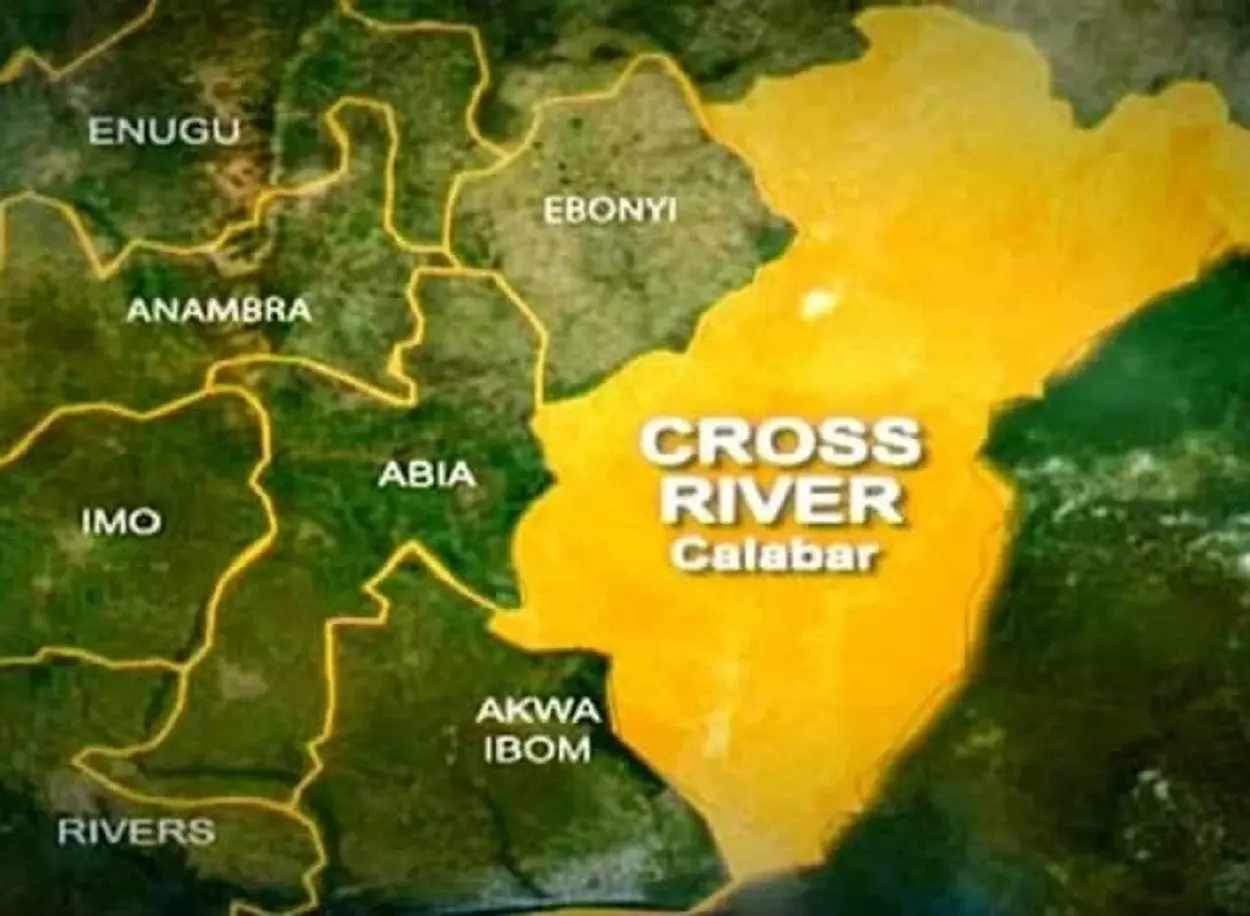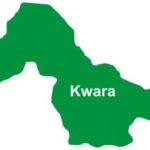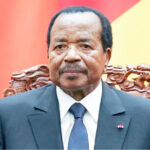The Cross River State Government says it has deployed human and material resources to bring the cholera outbreak in Ekureku community that led to the death of 20 people under control.
Dr Janet Ekpeyong, the Director General, Cross River Primary Healthcare Development Agency, made this known in an interview with the News Agency of Nigeria (NAN) in Calabar on Sunday.
Ekpeyong, who expressed sadness over the deaths, said proactive measures have been taken to prevent the further spread of the disease in the affected villages in Ekureku in the Abi Local Government Area of the state.
She said the deaths could have been avoided if protocols were followed in the affected villages.
- Buhari to US investors: Nigeria remains your best destination
- Benue communities where loose soil, absence of governance spike water scarcity
According to her, the state government has deployed a response team together with representatives from the World Health Organisation (WHO), the Nigerian Red Cross and the Water, Sanitation and Hygiene (WASH) programme.
She added that; “the combined team have all intervened accordingly and helped to save lives and prevent further spread of the disease.
“The government finds this incident quite unfortunate and sympathises with affected families.”
The state primary healthcare boss disclosed that no fewer than 30 people have been hospitalised as a result of the outbreak.
She said; “because of the fast transmission rate of cholera, we recorded many deaths, with many others hospitalised in various government-owned facilities and are responding to treatment.
“We are applying every possible means to halt transmission as we have gone across the community sensitising the people on the possible ways of managing the disease,” she said.
She said samples have been taken and sent for confirmation, while treatment of the water source and fumigation was ongoing.
NAN had reported that no fewer than 20 people had died between Thursday and Saturday following a cholera outbreak in the agrarian community that shares a boundary with Ebonyi.
Investigation revealed that the community had been grappling with the challenges of potable water and poor health facilities.
The 10 villages that made up Ekureku are Agbara, Ngarabe, Ekureku-be, Akpoha, Akare-for, Anong, Emenekpon, Etegevel, Egboronyi, Emegeh. (NAN)

 Join Daily Trust WhatsApp Community For Quick Access To News and Happenings Around You.
Join Daily Trust WhatsApp Community For Quick Access To News and Happenings Around You.


